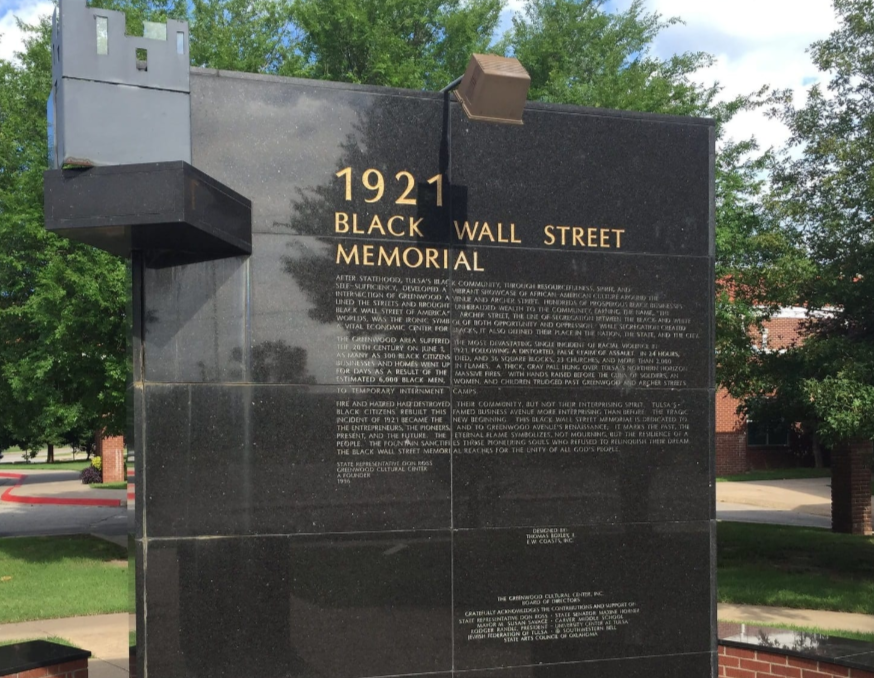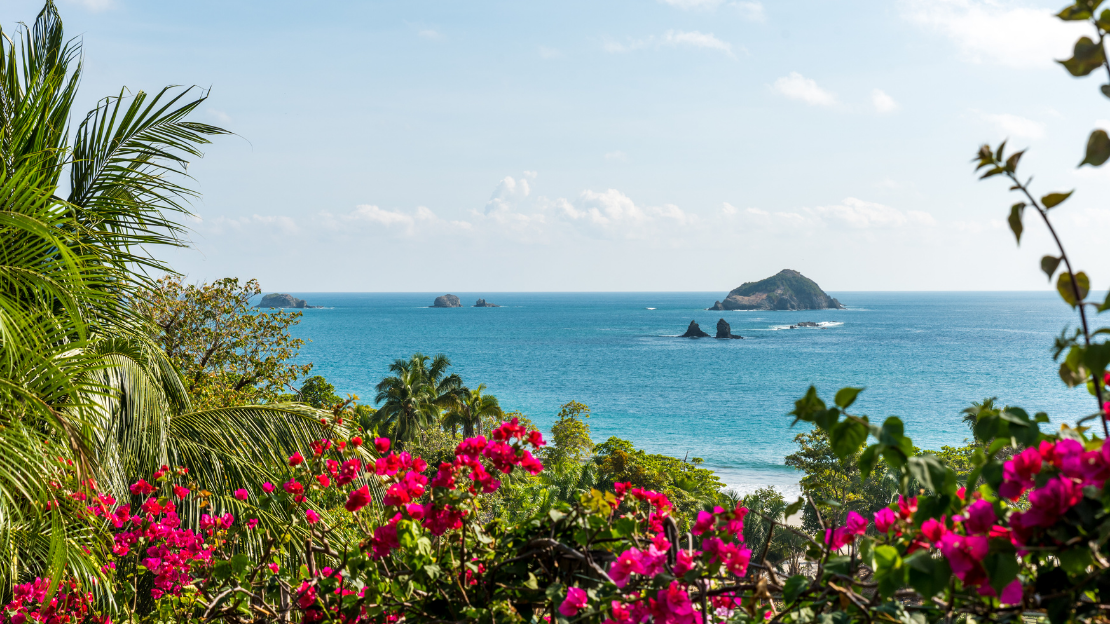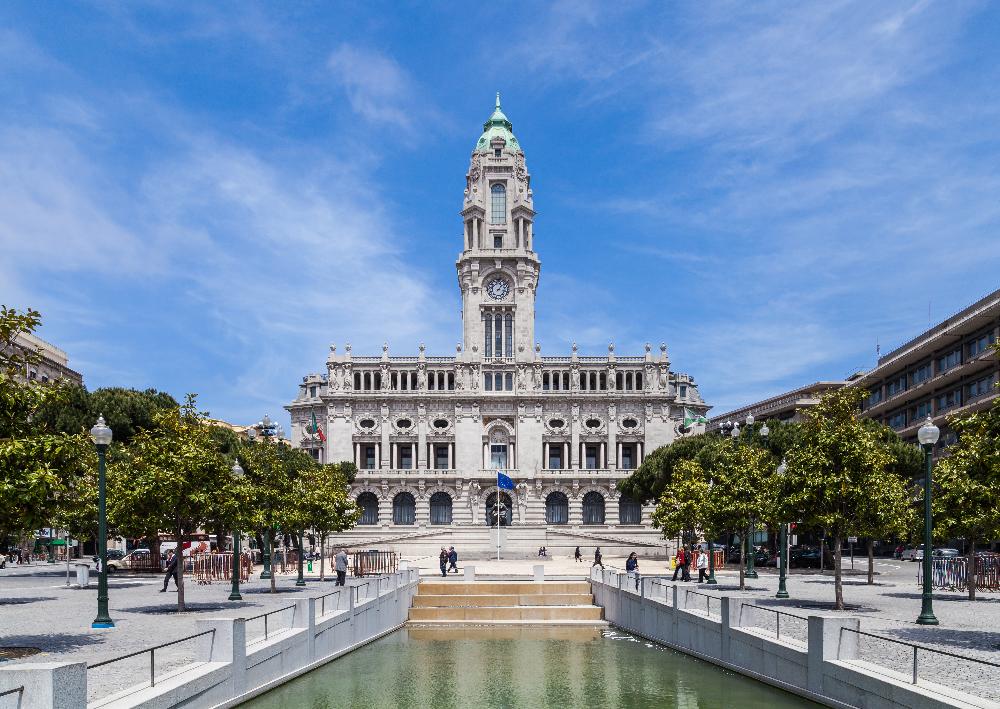
Short-Term Programs
Short-Term Programs include Electives Abroad (international travel), Electives Away (domestic travel), and International Consulting Experience. These courses are led by Babson faculty and combine classroom instruction on the Babson campus with company site visits, cultural excursions, and hands-on experiences during travel.
Academic Year 2025-2026
SUMMER 2026
Travel Period: May 2026 | Enrollment Semester: Summer 2026
Initial Applications
Open: Monday, November 3, 2025 | Deadline: Monday, November 24, 2025 @11:59PM ET
Rolling Applications
Open: Tuesday, November 25, 2025 | Deadline: Wednesday, January 28, 2026 @11:59PM ET

SPRING 2026
Travel Period: March 2026 | Enrollment Semester: Spring 2026
Initial Applications
Open: Monday, October 6, 2025 | Deadline: Wednesday, October 22, 2025 @11:59PM ET
Rolling Applications
Open: Thursday, October 23, 2025 | Deadline: Monday, November 3, 2025 @11:59PM ET
WINTER 2026
Travel Period: January 2026 | Enrollment Semester: Spring 2026
Initial Applications
Open: Thursday, August 7, 2025 | Deadline: Monday, September 15, 2025 @11:59PM ET
Rolling Applications
Open: Tuesday, September 16, 2025 | Deadline: Monday, October 6, 2025 @11:59PM ET
FALL 2025
Travel Period: August 2025 | Enrollment Semester: Fall 2025
Initial Applications
Open: Monday, March 10, 2025 | Deadline: Monday, March 31, 2025 @11:59PM ET
Rolling Applications
Open: Tuesday, April 1, 2025 | Deadline: Monday, April 7, 2025 @11:59PM ET









.jpg)



.png)




